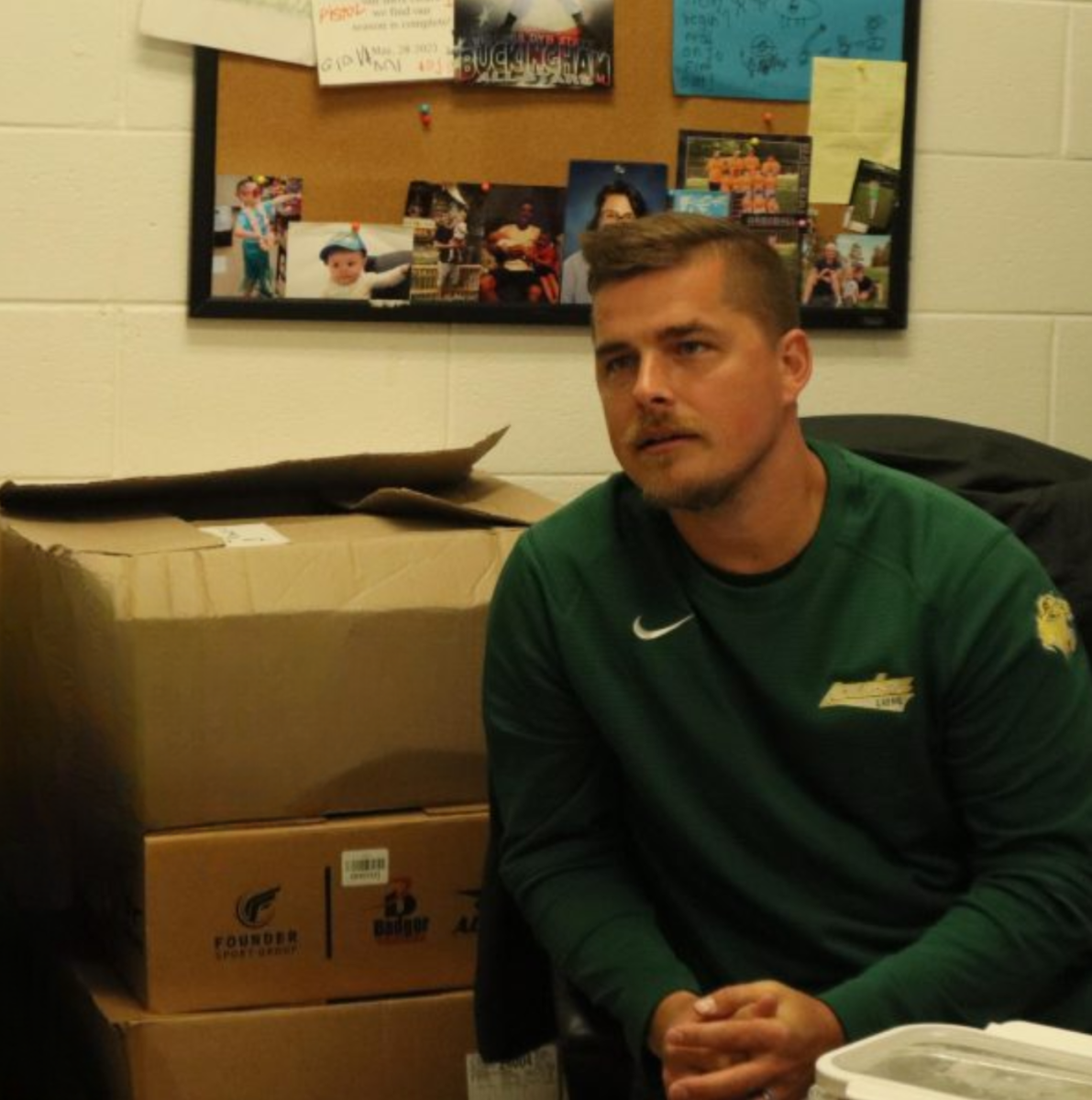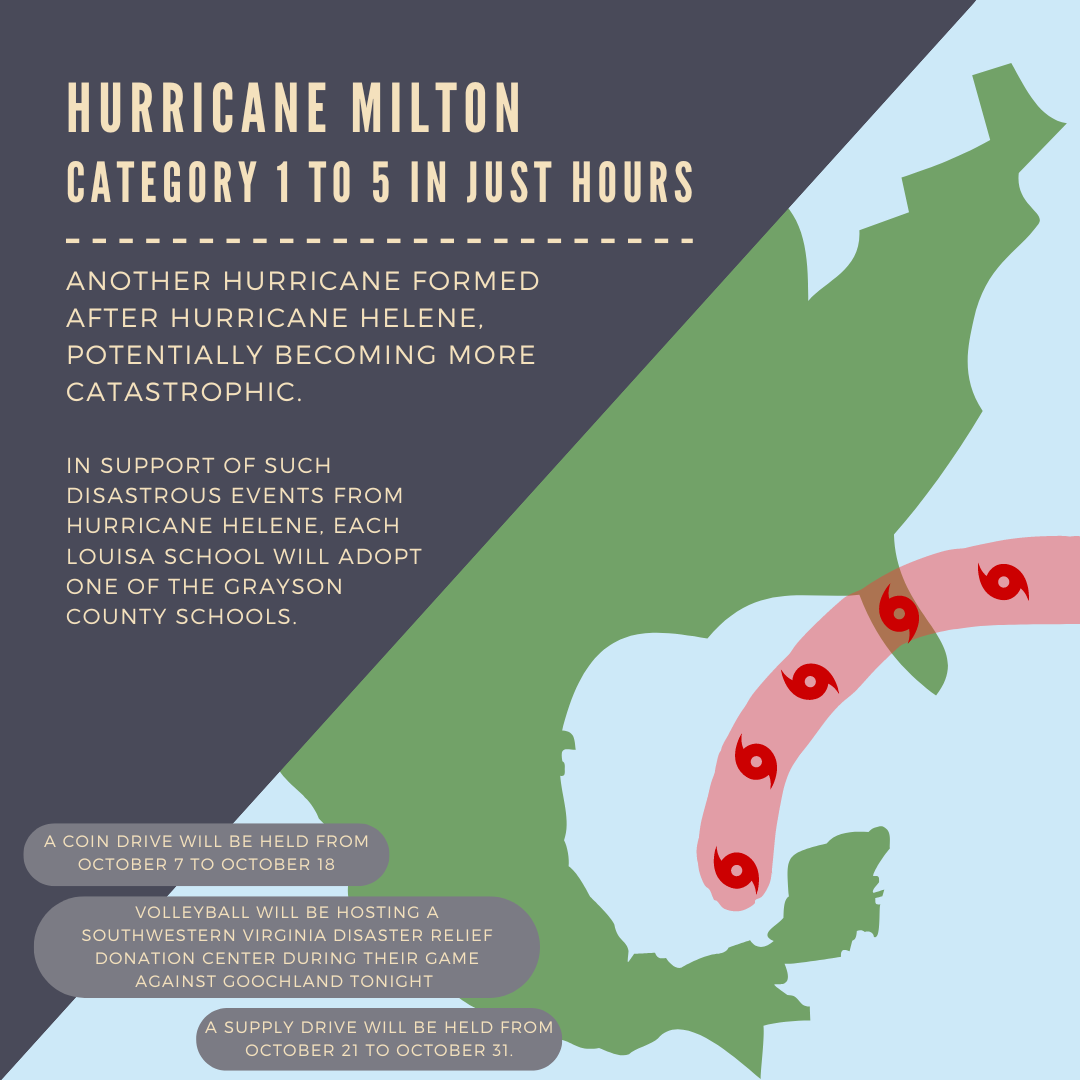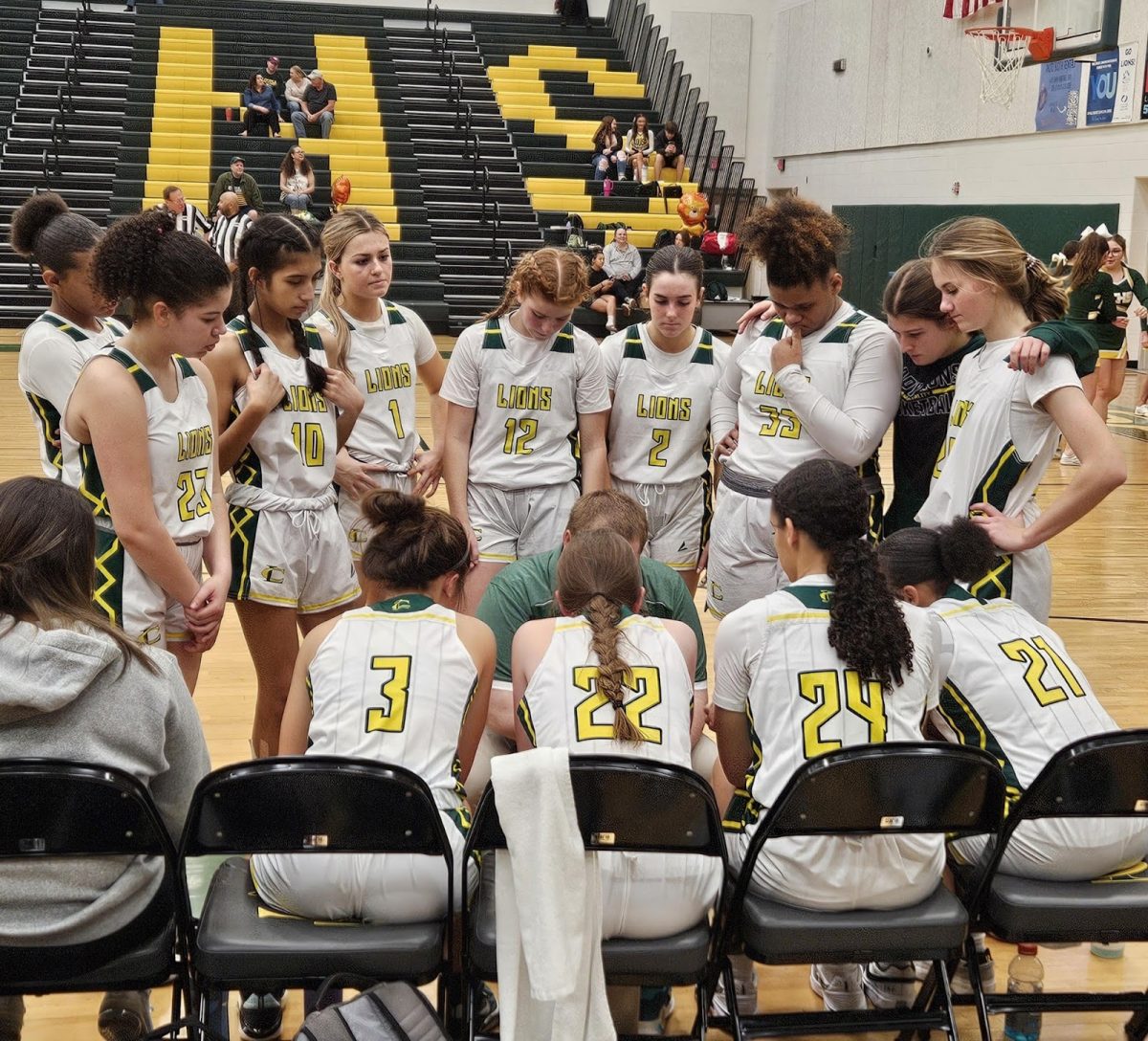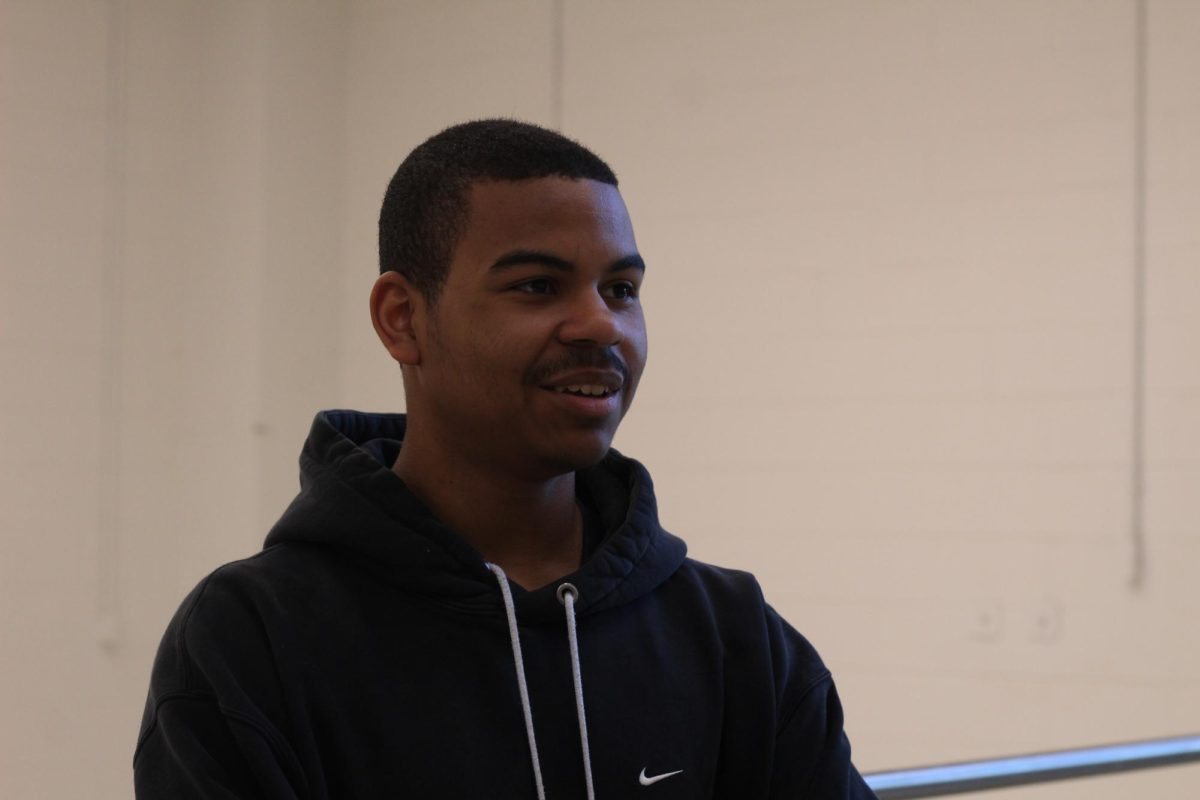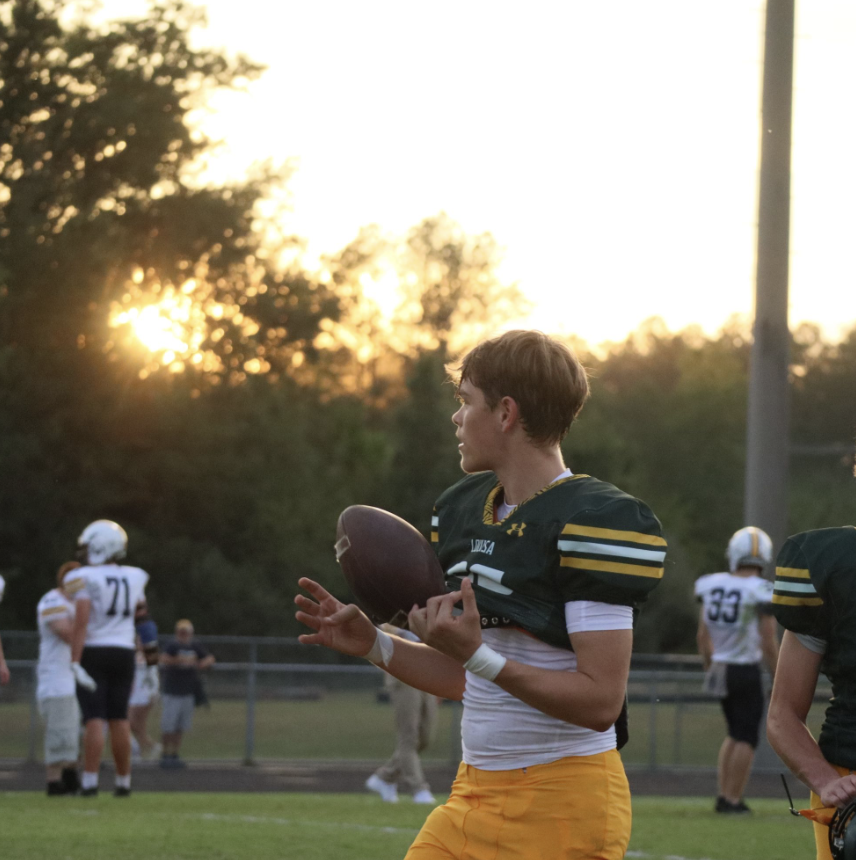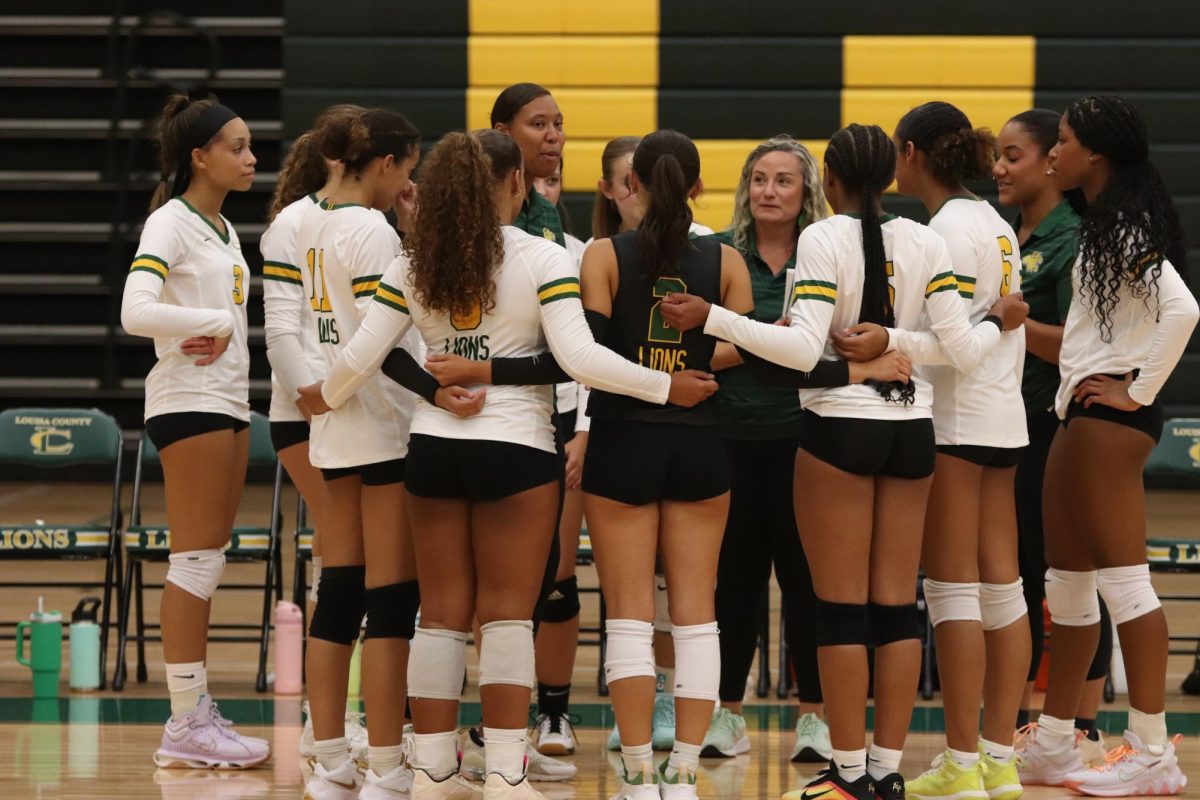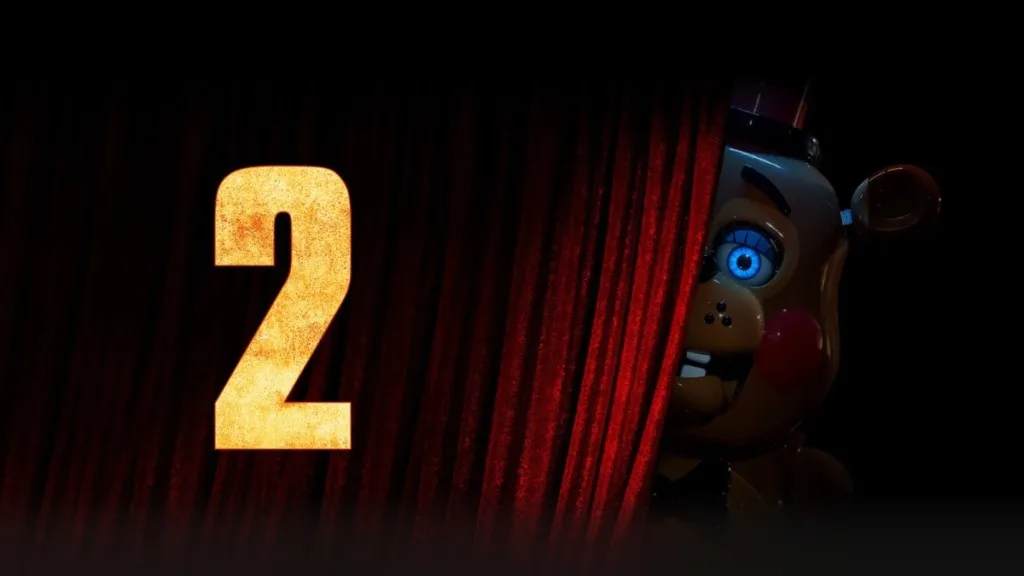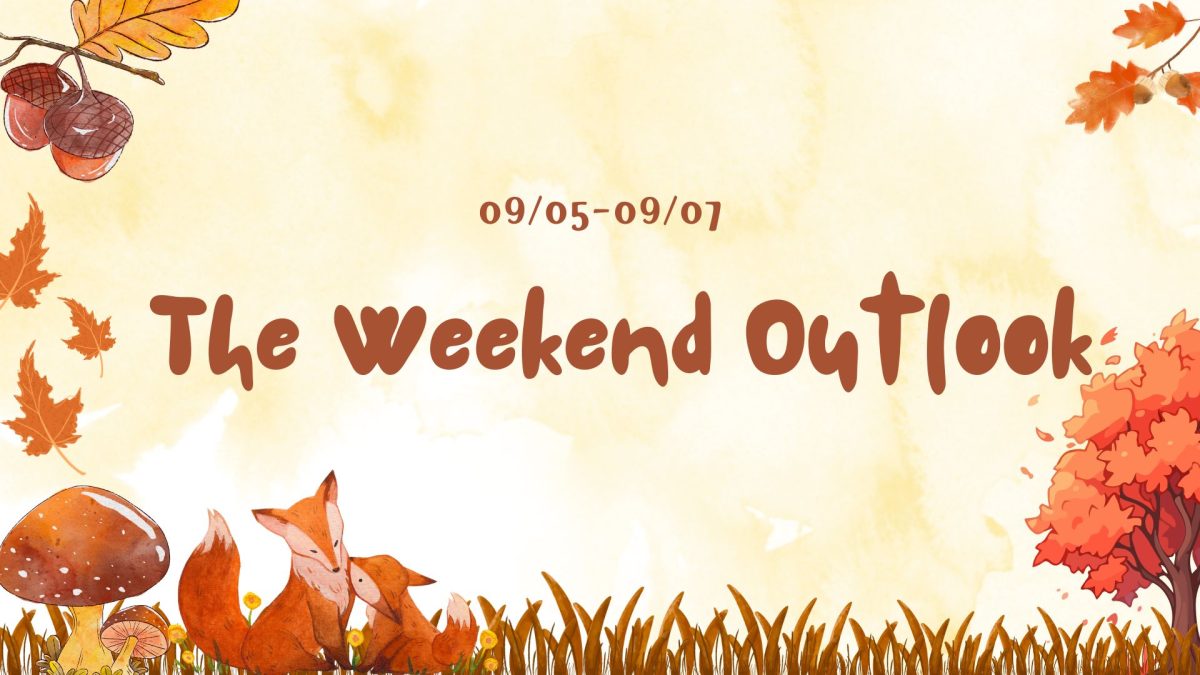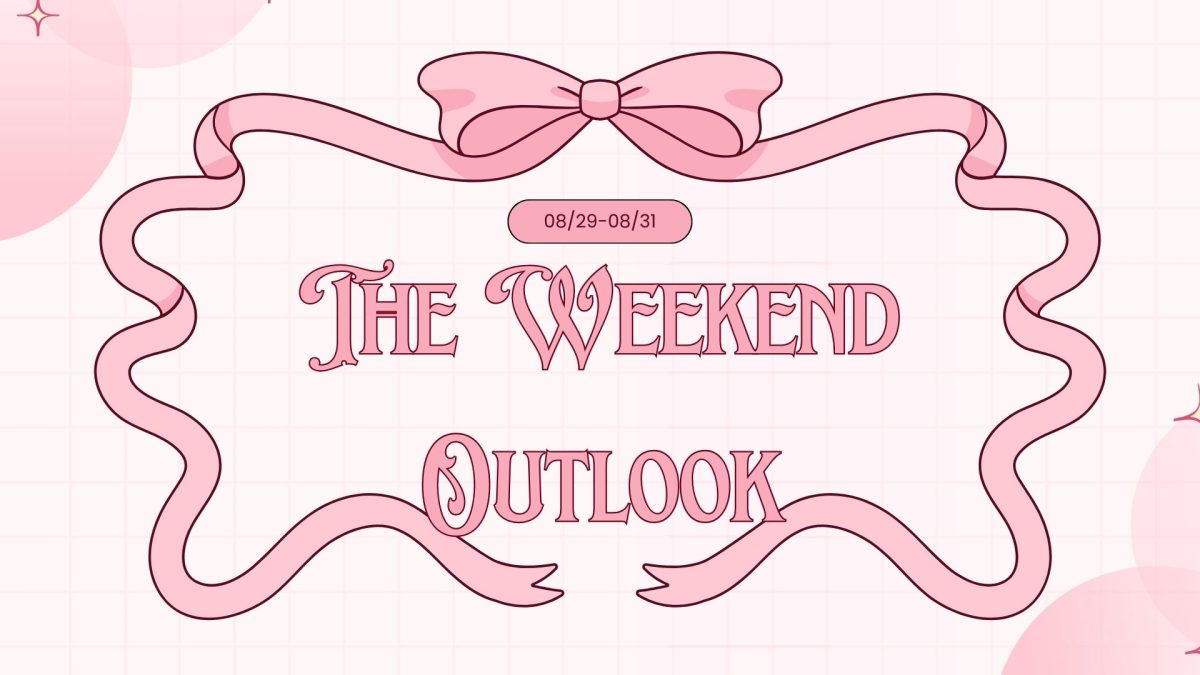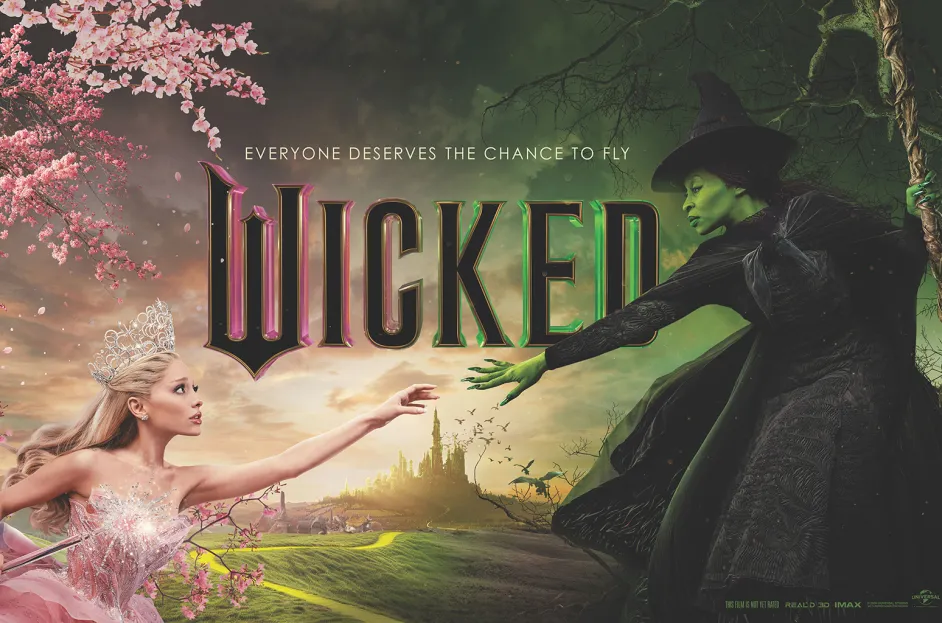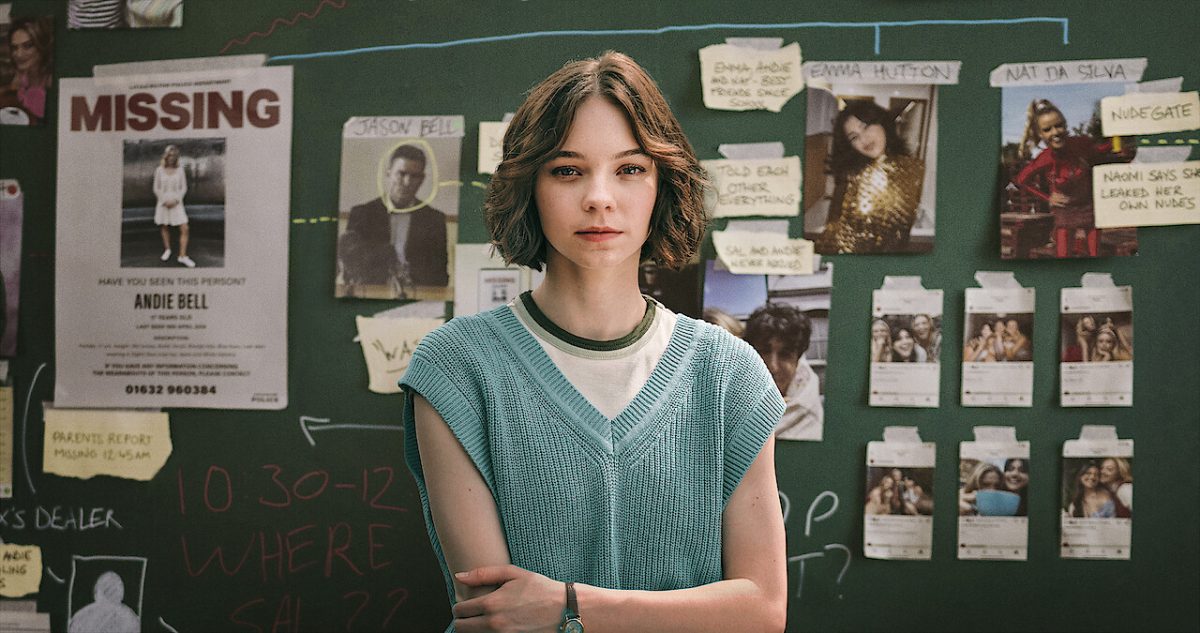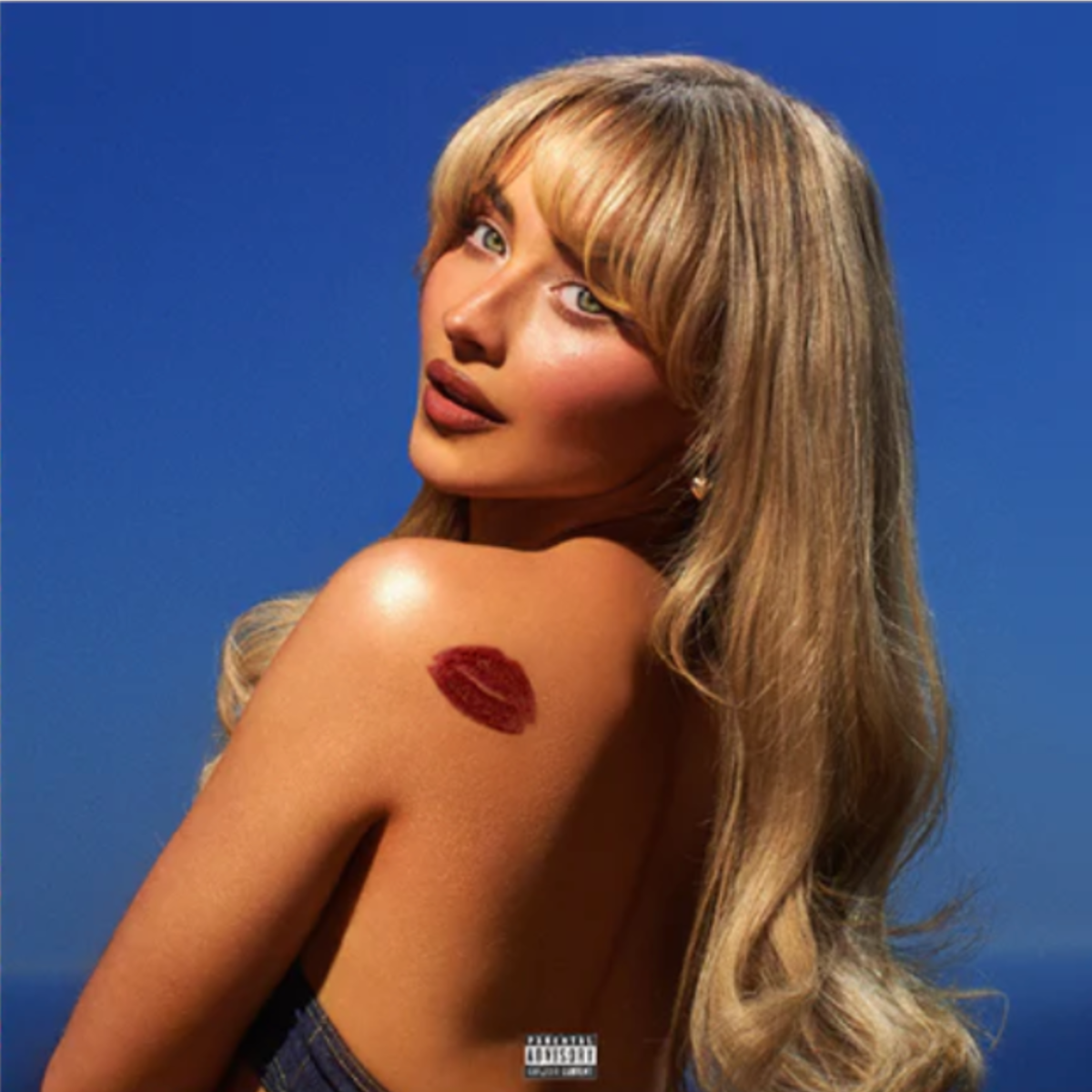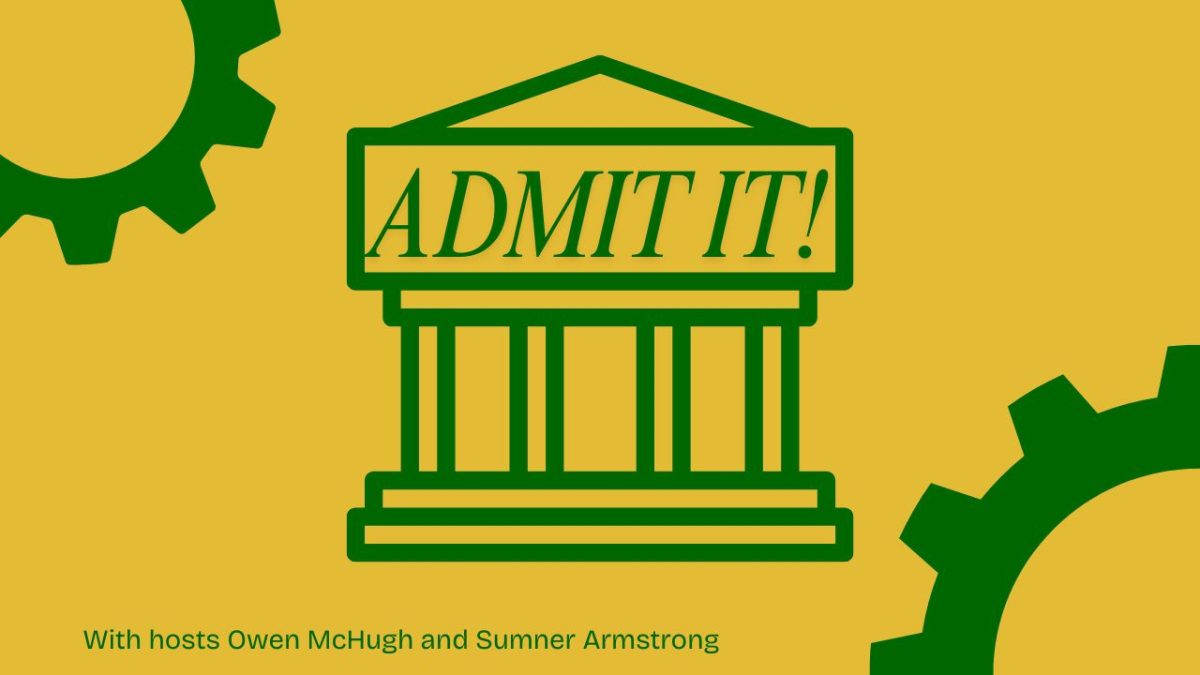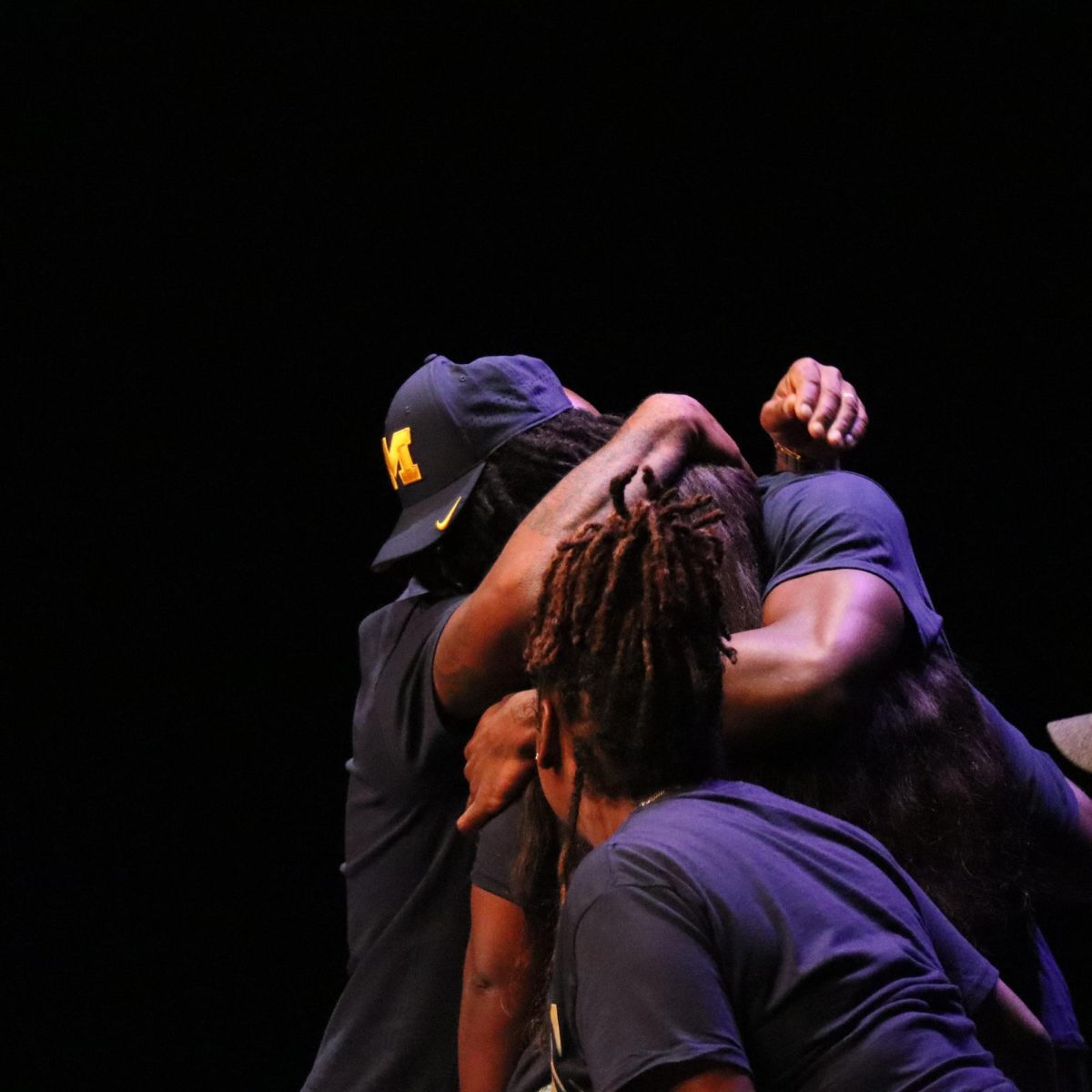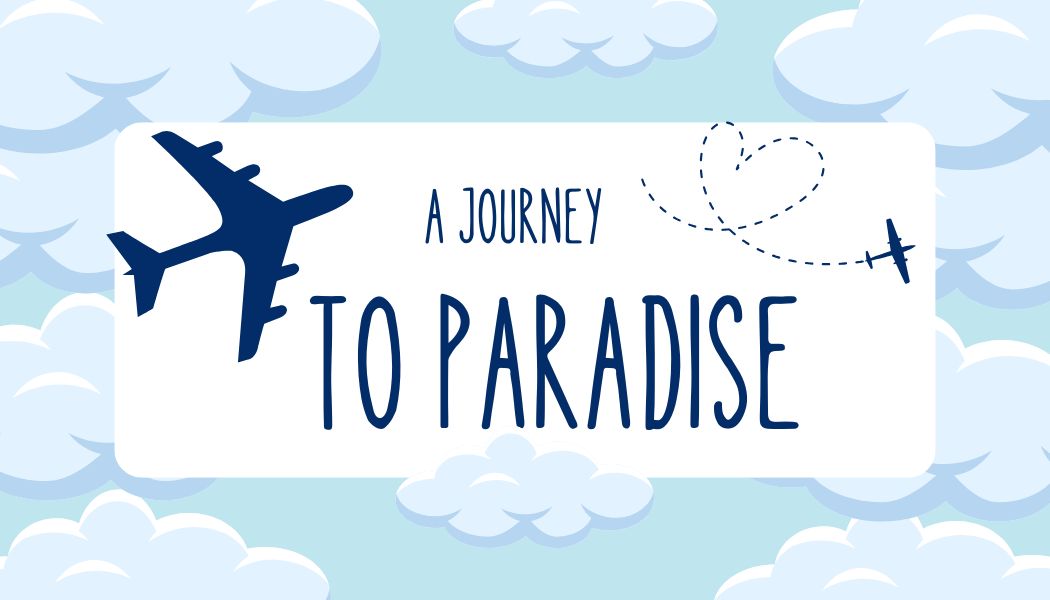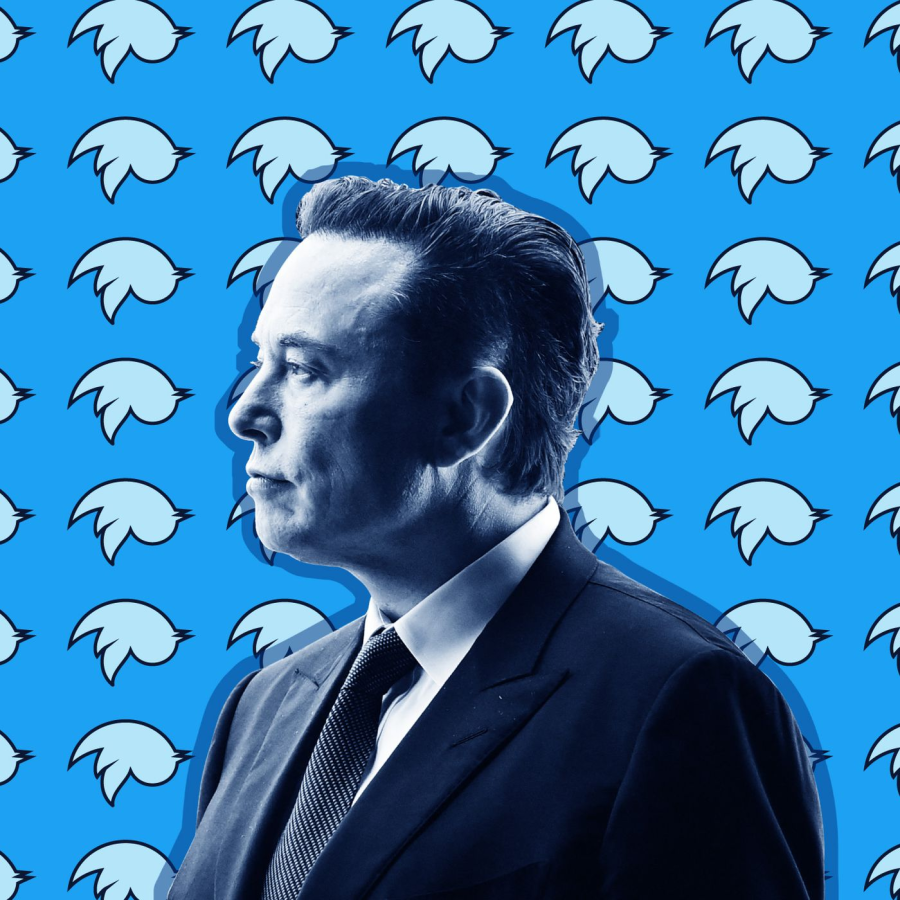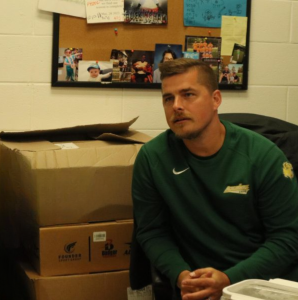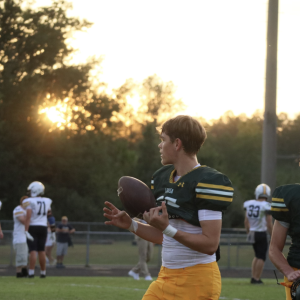Is Elon Musk inadvertently revitalizing Cyberbullying?
Courtesy of Kristen Radtke, The Verge News Company
Elon Musk advocates for no censorship after purchasing Twitter.
November 22, 2022
After sealing the deal on Oct. 27th, Elon Musk flaunted his newly-acquired company, Twitter. With this flurry of power comes great potential, but also great responsibility. The new purchase has stirred up some controversy throughout the span of the acquisition, and has taken Musk’s power trip to a whole new level.
Founder and CEO of Tesla Automotive Company, SpaceX Exploration Technologies Corp, and The Boring Company (an American tunneling construction company), Musk currently holds the title for the “richest person in the world,” with a net worth of $199.8 billion, according to Forbes.com.
Obviously Musk has done something right to have jump-started such profoundly successful companies and have the confidence to buyout an entire social media company. However, it is worth noting that Musk has little experience running a company such as Twitter, which has a vastly different infrastructure from that of his technological and architectural oriented companies.
Through the course of settlement, there has been a roller coaster of highs and lows in the battle to reach a happy medium for the business. The brawl started initially in April 2022, with Musk’s initial inquiry to buy the company for a deal of $54.20 a share.
But, according to an NPR article following the timeline, Musk was hesitant to commit to his offer when the boiling point between Russia and Ukraine was at its highest.
““Let’s slow down just a few days,” Musk shared with his chief financial advisor in May. “Putin’s speech tomorrow is really important. It won’t make sense to buy Twitter if we’re heading into World War 3.”
This started the beginning of the true battle for settlement between Musk and Twitter. The second remark Musk made on backing out from the situation entails the lack of information on spam accounts within Twitter. This one comment sparked a fiery rebuttal battle as Twitter tried to prove that spam accounts are in fact not a major worry.
Musk, at that point, had put the deal on hold not once, but twice as he debated the worth of the deal (which he initiated, might I add). Then, because of Musk’s vacillating attitude toward the situation, Twitter made the bold move to sue in July 2022 to hold Musk accountable. Twitter justified their attack because Musk only pulled out for his own suiting.
“Musk refuses to honor his obligations to Twitter and its stockholders because the deal he signed no longer serves his personal interests,” Twitter’s legal team commented in an NPR article concerning Musk and acquiring Twitter.
Finally, after a few months of petty “back and forth,” Musk settled to buy the company for the initial shareholder price ($54.20) if the lawsuit was dropped.
Since Musk has dedicated so much to the buyout of this company, he is expected from users and lenders alike to create something great. Based on an article released by the New York Times following Musk’s journey, he had an ultimate goal to open up the speech regulations on the app and un-ban certain tweeters, in particular former president Donald Trump. But then, the question becomes: is it worth it?
Upon hearing about the settlement of the deal on Oct. 27th in the news, my first question was, well what about us? As we know,our school uses an anti-bullying program by the name “Olweus,” to eliminate bullying in the school system and promote a happy and healthy lifestyle.
Sadly, cyberbullying has been a problem world-wide since the rise of the internet. Even with all the efforts made to lessen hate speech, loosening regulations on social media like Twitter only reinforces the ability to bully via the internet.
In one google search alone regarding cyberbullying, the first six links were websites dedicated to putting a stop to cyberbullying. This gesture, alone, reflects one major idea: that there are an abundance of organizations that are reaching out to end the cycle of cyberbullying in not only children but older generations as well. However, if so many organizations are working to eliminate cyberbullying, then this also reflects the impact cyberbullying has made to have such reciprocation.
Cyberbullying is one of those issues that is often overlooked and disregarded, until we become the victims ourselves. It is one of those issues that isn’t taken as seriously as it should be in daily life, regardless of all the advocacy.
Our concerns lie in Musk completely combatting all of the effort LCPS administrators have put into making our schools a safe learning environment. If Musk follows through with his claims, what will be the destiny of students? Will we revert to the “old ways” or will we persevere through? It should not be a question, but Musk is creating a dreadful brewing pot for no good.
Part of business is making sacrifices for the good of the company, regardless of how detrimental they are to the subordinates of the operation. Musk’s main goal is to “loosen the reins” on speech regulation despite the level of concern and has certainly reflected the sacrifices he deems necessary for the improvement of the app.
Twitter is an even battleground for society against the “higher ups” to speak their mind. If we take to Twitter how it was intended, we can advocate for awareness about cyberbullying, and keep our generation safe once more.


